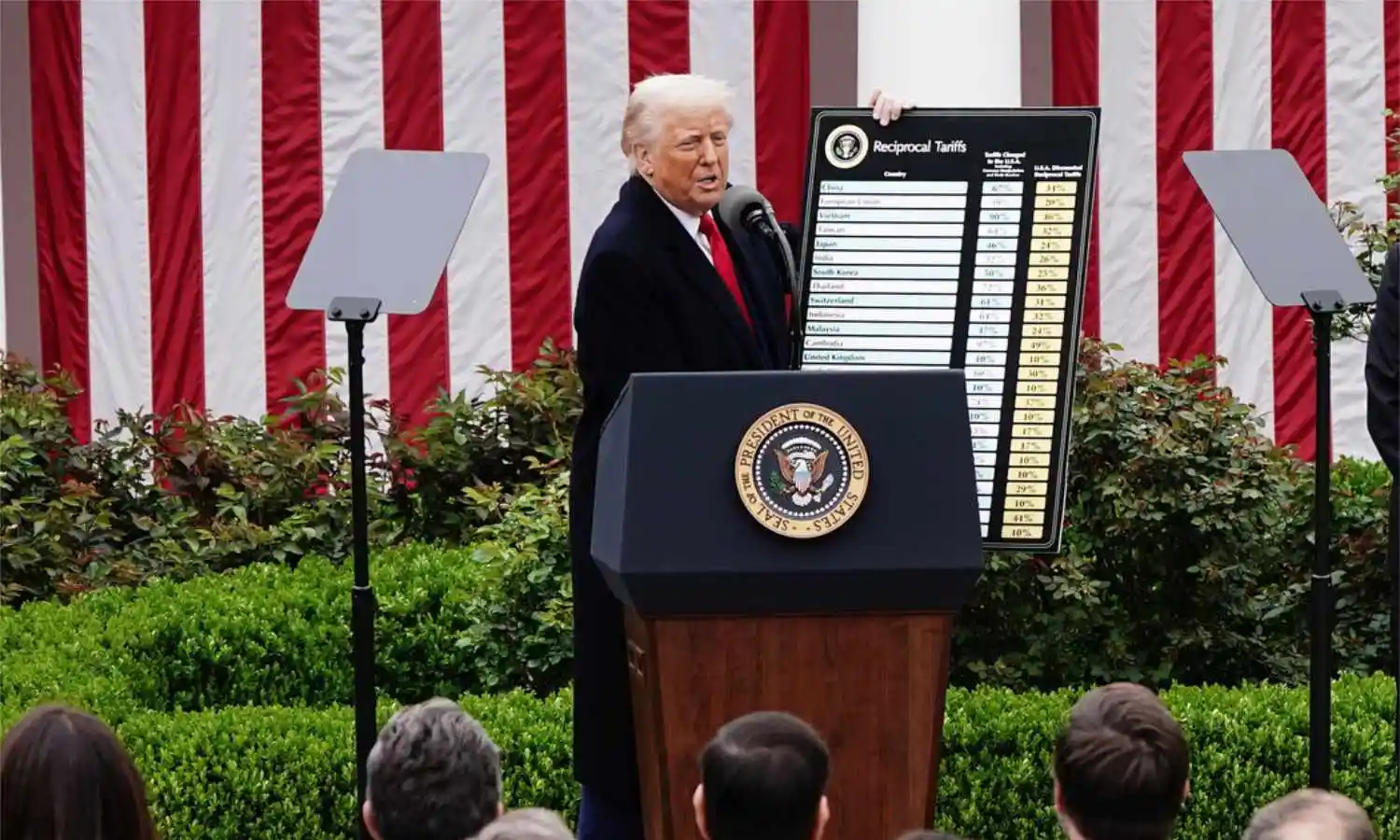2025年4月2日、ドナルド・トランプ大統領はホワイトハウスのローズガーデンで記者会見し、アメリカを再び裕福にすることを目的とした「経済的独立宣言」として、重要な関税計画を発表しました。新関税は、ほとんどの国に10%の基本税率を課し、特定の国にはより高い税率を課します:中国は34%、EUは20%、ベトナムは46%など。この措置は、他国が米国製品に課す関税や非関税障壁に対抗するためのもの。
プラスチック金型産業への潜在的影響
- サプライチェーンの混乱とコスト増
- 金型製造に欠かせない素材である鉄鋼とアルミニウムへの関税は、すでにサプライチェーンの混乱とコスト増を懸念する声が出ています。これらの金属は、自動車や航空宇宙などの産業で使用される金型の製造に不可欠です。
- より広範な関税はこれらの問題を悪化させ、プラスチック金型の製造コスト上昇につながる可能性があります。これにより、米国メーカーは、国内代替品を見つけるか、コストを吸収しない限り、国際競争力を失う可能性があります。
- リショアリングと国内製造
- トランプ大統領の政策は、金型を含む輸入品に関税を課すことで、リショアリングを促進することを目的としています。これは、安価な外国製品との競争を減らすことで、米国の金型メーカーに利益をもたらす可能性があります。
- しかし、当面の課題は、高品質の国産素材の入手可能性と、大幅な値上げなしに需要増に対応する能力にあります。
- 世界経済への影響
- エコノミストは、これらの関税は世界経済の減速を招き、景気後退のリスクを高め、アメリカの家計の生活費を引き上げる可能性があると警告しています。
- プラスチック金型業界にとって、これはコスト上昇と経済成長の鈍化による需要の減少を意味し、国内外の市場に影響を与える可能性があります。
- 免除と具体的内容
- 鉄鋼、アルミニウム、自動車などの一部の商品は、すでに以前の関税が適用されているため、この新関税の対象外です。
- この免除はプラスチック金型産業に直接影響を与えないかもしれませんが、より広範な経済効果は需要や生産コストに影響を与える可能性があります。
結論
トランプ大統領の関税政策は、国内の製造業を強化し、外国の貿易障壁に対抗するためのものです。しかし、プラスチック金型部門のような輸入材料に依存する産業にとっては大きな課題でもあります。リショアリングや国内生産の増加の機会はあるかもしれませんが、直接的な影響としてはコストの上昇やサプライチェーンの混乱が考えられます。世界の経済情勢がこのような変化に適応していく中で、プラスチック金型産業は競争力を維持するために適応していく必要があるでしょう。

